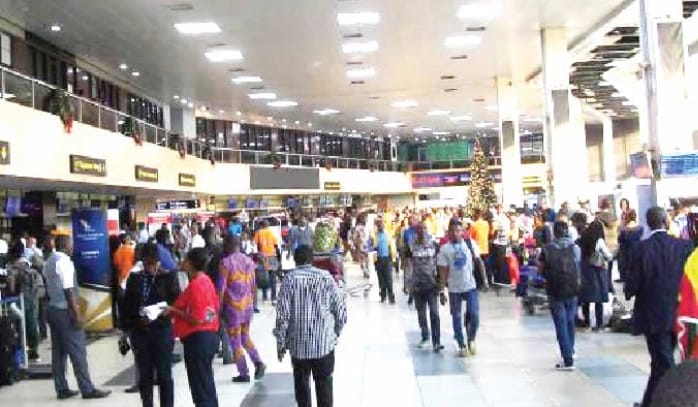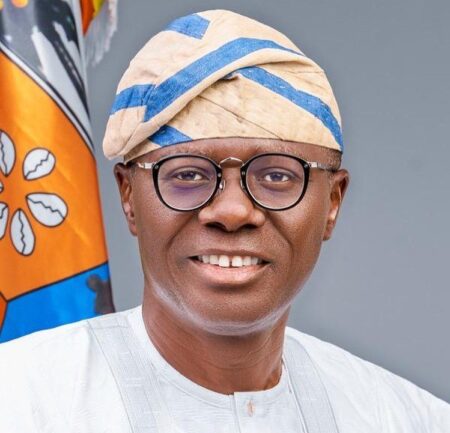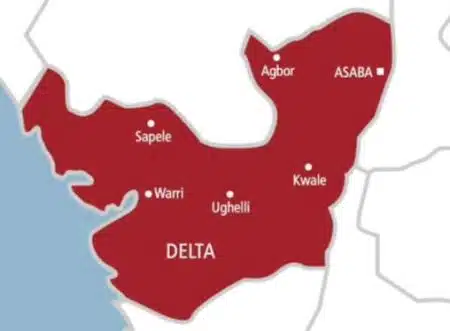By Sakariyah, Ridwanullah
For every reason, they say, there is a why. And so is the case of homecomings in December in Nigeria. December in Nigeria is more than a month—it is a heartbeat. For many Nigerians living abroad, Dirty December is considered a season of return: a ritual of homecomings, reunions, and cultural rediscovery.
As the year closes, the pull of family, tradition, and celebration becomes irresistible. Beyond the warmth of hugs at the airport and the smell of jollof rice simmering in family kitchens, recent figures reveal that this seasonal migration carries profound economic and social weight.
In a report from Pulse Nigeria, Abike Dabiri-Erewa, Chairman of the Nigerians in Diaspora Commission (NiDCOM), disclosed that Nigerians abroad spent about ₦60 billion visiting the country in December 2024 alone, a testament to how much this homecoming has evolved into a national spectacle.
For many people, the journey is powered first by family and tradition. December is that one period in the year when schedules align: schools close, workplaces grant leave, and global calendars pause long enough for sons and daughters abroad to find their way back home.
READ ALSO: Best places to visit in Abuja for Dirty December
“I miss waking up to my mum’s cooking, the way Lagos traffic feels festive, the laughter of my siblings after church,” one returnee told a local reporter in Lagos. The pull of home is not just practical; it is deeply emotional. The desire to be present at family gatherings, weddings, funerals, and village meetings is strong enough to justify the high cost of airfare and the long hours of travel.
But the return is also about identity. Living abroad umpteenth times means juggling languages, adjusting to cultural codes, and constantly explaining one’s “Nigerianness.” December provides a chance to reconnect with the unspoken comfort of home.
It is the month when diaspora Nigerians slip back into their mother tongues, eat pounded yam and ogbono without translation, and join midnight church vigils or special mosque prayers on ancestral soil. For many, even the dust of Harmattan or the chatter of hawkers feels like an embrace. It is not escapism—it is remembrance.
Going forward, entertainment adds another layer to the attraction. Dirty December has become a brand, one that now rivals Lagos in its energy. With concerts, comedy shows, fashion weeks, and art exhibitions, Nigeria’s cities are alive with events.
READ ALSO: Nigerians who hold Guinness World Records
Abuja transforms into a social playground, with lounges, festivals, and cultural hubs buzzing till dawn. Lagos, on the other hand, swells with parties, carnivals, and beach raves, with each demanding attendance. For many in the diaspora, missing these experiences feels like missing a piece of themselves. They want to be in the crowd when Wizkid takes the stage, or when old friends gather for “homecoming” parties that last till morning.
One important thing worth noting is the pragmatic side of Dirty December. Returning home in December makes economic sense. Spending in Nigeria stretches further than in London or New York, especially with exchange rates heavily favouring foreign currencies.
Diaspora visitors pour money into hotels, restaurants, shops, and transport. In a report by Vanguard newspaper, Dabiri-Erewa noted that in just one month of December 2024, their spending crossed ₦60 billion.
In another report by The Cable, the Central Bank of Nigeria further reported that between January and October of that year, international money transfer operators (IMTOs) processed US$4.22 billion in remittances, a staggering 61% increase from the previous year.
Nairametrics also reported that by the end of 2024, total diaspora remittances hit US$20.93 billion—four times the foreign direct investment Nigeria received in the same period. What begins as a season of love and reunion inevitably turns into one of Nigeria’s strongest economic engines.
What is more, timing also matters. December is considered a natural pause in the global calendar. Work slows down, schools shut, and the weather, despite the dusty Harmattan skies, offers clearer days and open roads. For returnees, this is not just about rest but about closure.
Coming home at year’s end provides a chance to reset emotionally and spiritually. Some visit ancestral villages to pay respect; others attend annual family meetings where major decisions are made. In their return, they not only celebrate but also participate in the unbroken chain of tradition that links them to generations before.
Still, the journey home is not without its frictions. Airline tickets skyrocket, accommodations fill quickly, and cities like Lagos become traffic nightmares. Yet, these inconveniences hardly dim the glow of December. For most Nigerians abroad, the sacrifices pale beside the joy of watching fireworks over Tafawa Balewa Square, of dancing at a cousin’s wedding, of sharing suya at midnight with childhood friends.
What all this shows is that Dirty December is no longer simply a festive season. It is a cultural and economic phenomenon that Nigeria should take seriously. Policymakers cannot ignore the billions injected by diaspora visits. Investments in hospitality, transport, tourism, and financial services could multiply the gains of this seasonal return. As Dabiri-Erewa observed, “Nigerians abroad are not just coming home to celebrate—they are coming home to invest.”
READ ALSO: PDP to Tinubu: Nigerians won’t renew your mandate in 2027
Amid all of these lies a simple truth: December is the month when Nigerians abroad stop being outsiders and, for a brief, golden window, become part of the home crowd again. When they leave behind foreign streets for the sound of church bells, mosque calls, market sellers, and family laughter, they are not just holidaymakers.
They are keepers of memory, carriers of culture, and bridges between Nigeria and the world. Dirty December is their reminder that home is both a place on a map and who they really are.









